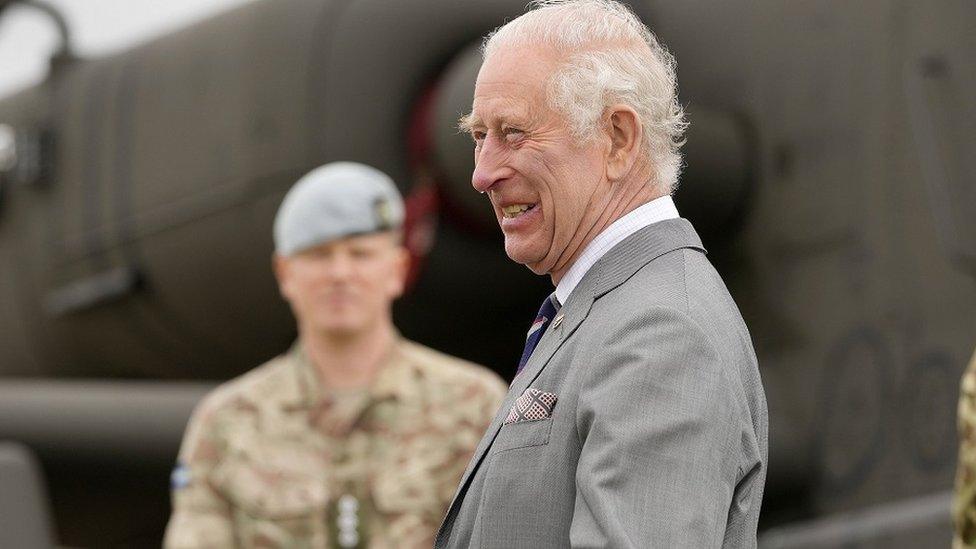D-Day letter reveals life on frontline for soldier
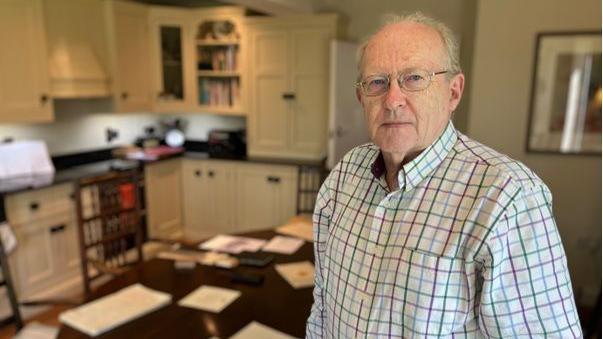
Robin Barlow said reading his father's letter to his mother was emotional
- Published
A D-Day soldier's letter to his wife has given a glimpse of the dangers faced by the Allied forces as they tried to liberate Europe.
As an intelligence officer, Capt Peter Barlow was involved in the planning of the D-Day invasion, which took place 80 years ago on 6 June.
His son Robin Barlow, from Devon, has kept the maps, documents and photographs from his father's service during World War Two and D-Day, which give an insight into the historic event.
Ahead of the anniversary of D-Day, Robin said reading the letter proved to be the most emotional experience for him.
'Faithful umbrella of Spitfires'
Folded, faded and handwritten in pencil, the letter was written by Capt Barlow to his wife, Helen during a lull in the fighting, as Allied troops invaded northern France in an attempt to liberate the country and other parts of Europe from Nazi occupation.
After describing crossing the channel under "a faithful umbrella of Spitfires," he goes on to describe how - in his scout car - he was amongst the first to land at Sword Beach on D-Day.
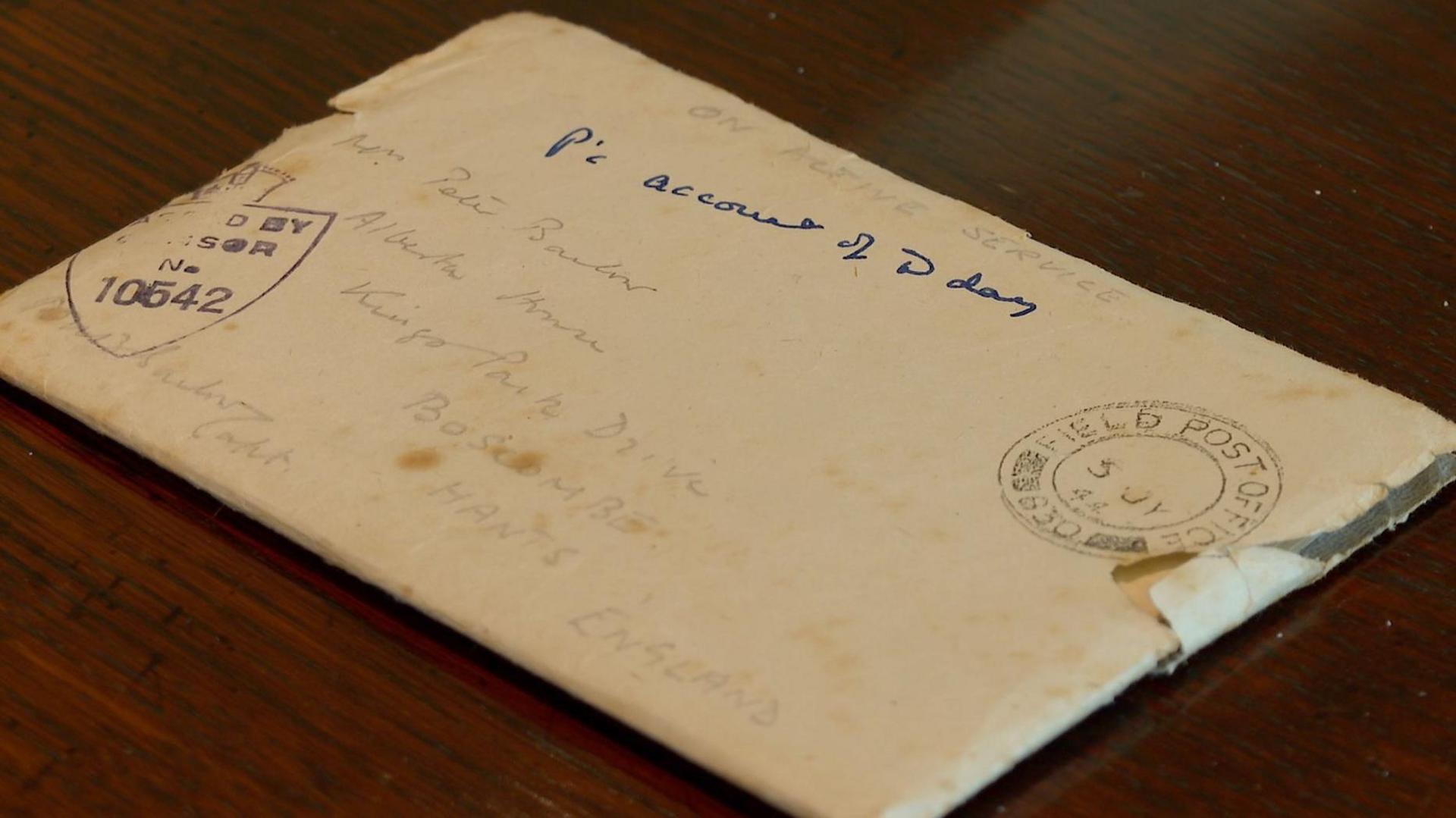
Capt Barlow wrote to his wife Helen during D-Day
Capt Barlow wrote: "The order came, 'everybody undercover', I went to my vehicle just behind the landing ramp, the first vehicle to unload.
"We steamed on until we grounded, down went the ramp and we steamed off into about three foot six of water which flooded all around me in the excitement of the moment.
"What might have been a death trap was quickly traversed. Just inland we were held up in a village.
"I dismounted to see what the trouble was. I got promptly sniped for my pains so nipped in again pretty quick.
"We settled down in an orchard for the rest of the afternoon and fought the battle from there. It was a very unpleasant place.
"Machine gun fire kept whipping through the trees above us and we were shelled for about forty minutes, a noisy and uncomfortable afternoon."
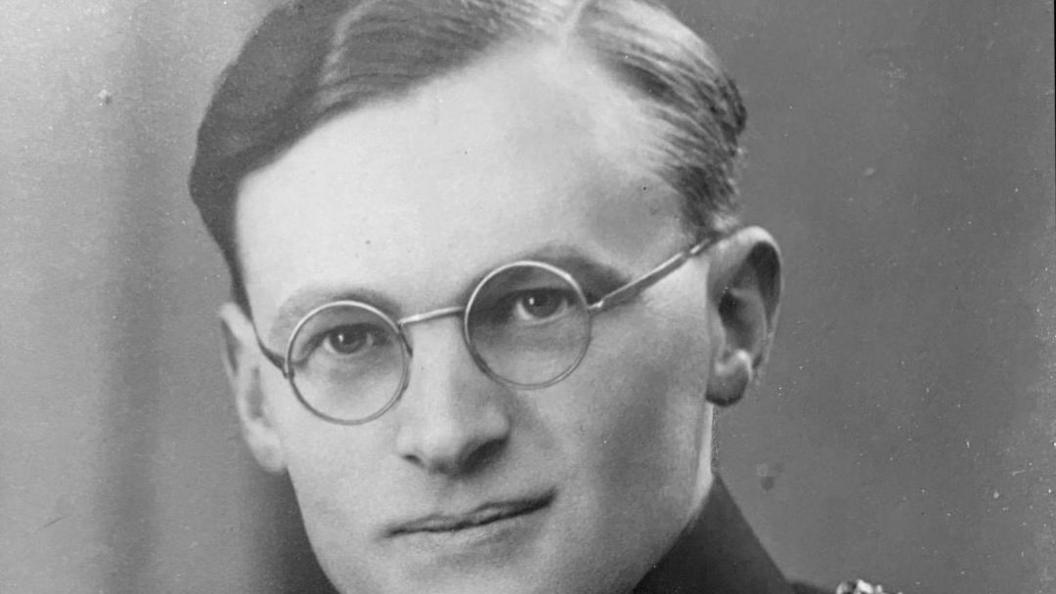
Capt Barlow was an intelligence officer who helped plan the D-Day invasion
The letter goes on to recount how the formidable German defences were overrun and concludes: "The regiments have done splendidly but of course at a price and we have had some sad blows."
"He was writing to my mother," Robin, who lives near Ipplepen, said carefully folding the letter.
"He didn’t want to terrify her of the realities of what he was experiencing on an hour-by-hour basis.
"For example, the reference to being sniped at was when they got out of the scout car and his sergeant was shot dead."
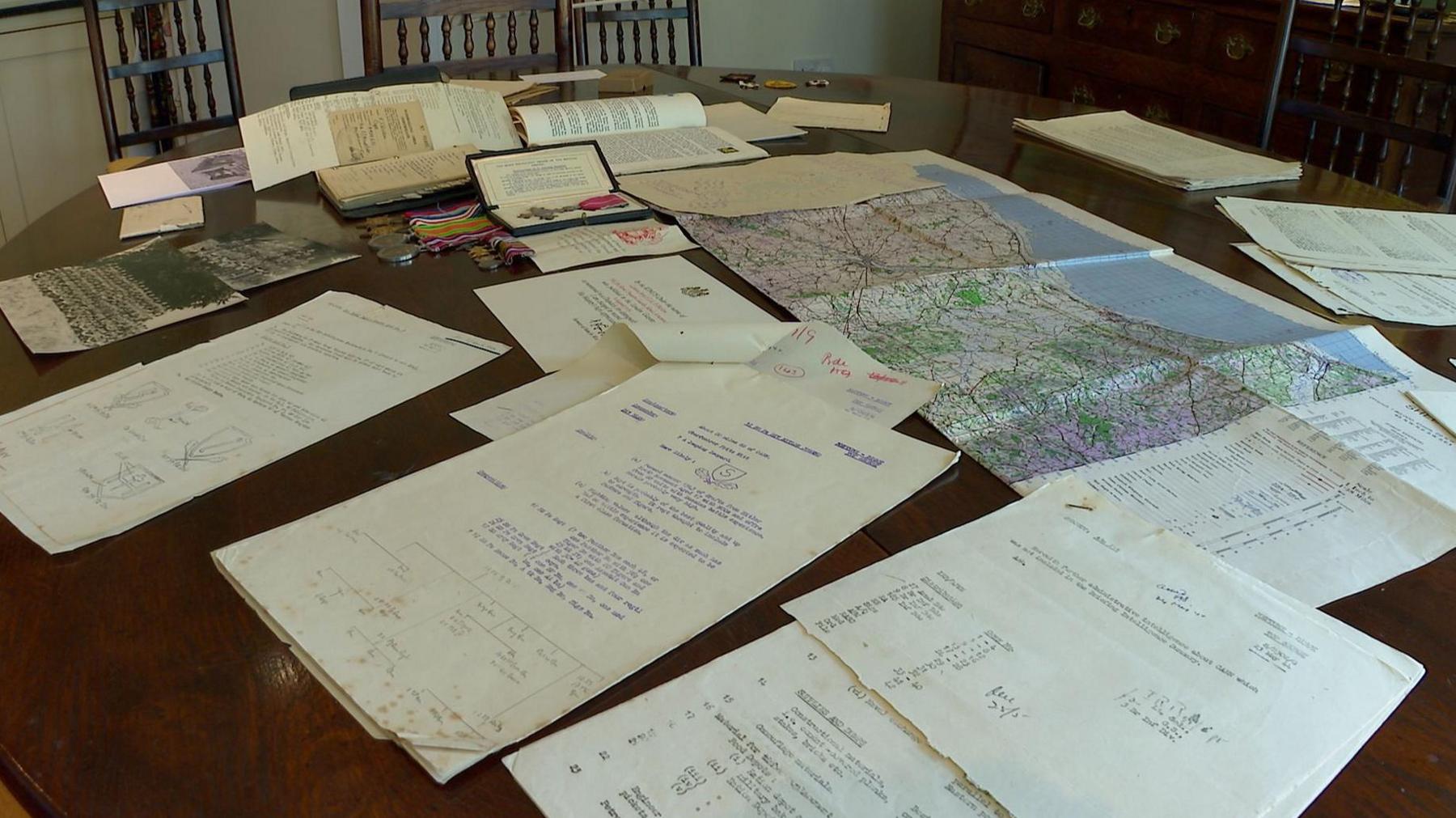
Robin Barlow has kept the documents his father had during World War Two
Capt Barlow, who survived the war and returned home to his family, died at the age of 61.
"When I first read the letter I was deeply moved," Robin said.
"I can’t even begin to think what it must have been like. I can’t even begin to put myself in his shoes.
"I don’t know whether I would have had the courage to do what he did and all those around him too."
Follow BBC Devon on X (formerly Twitter), external, Facebook, external and Instagram, external. Send your story ideas to spotlight@bbc.co.uk, external.
Related topics
- Published29 May 2024
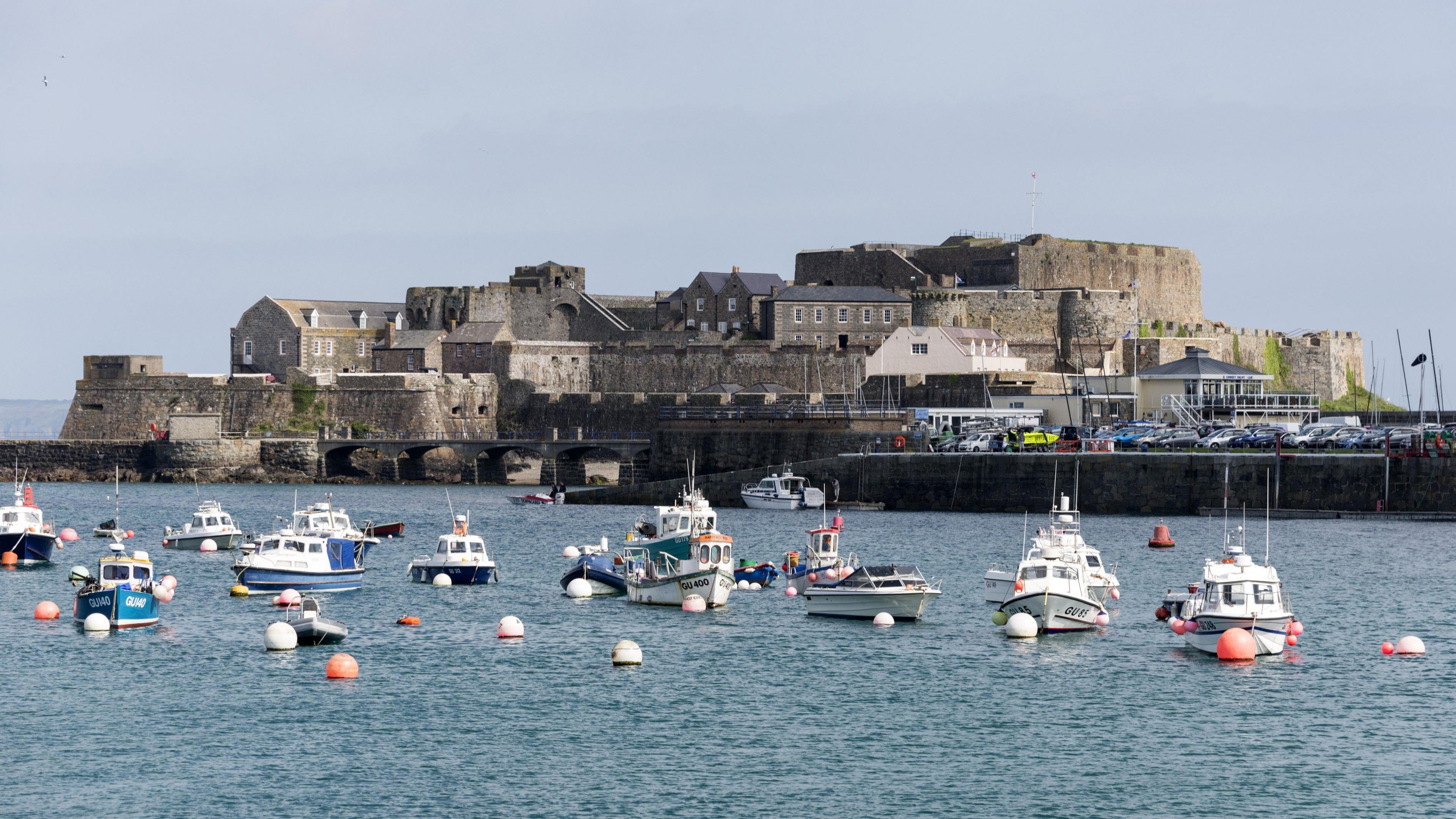
- Published28 May 2024

- Published23 May 2024
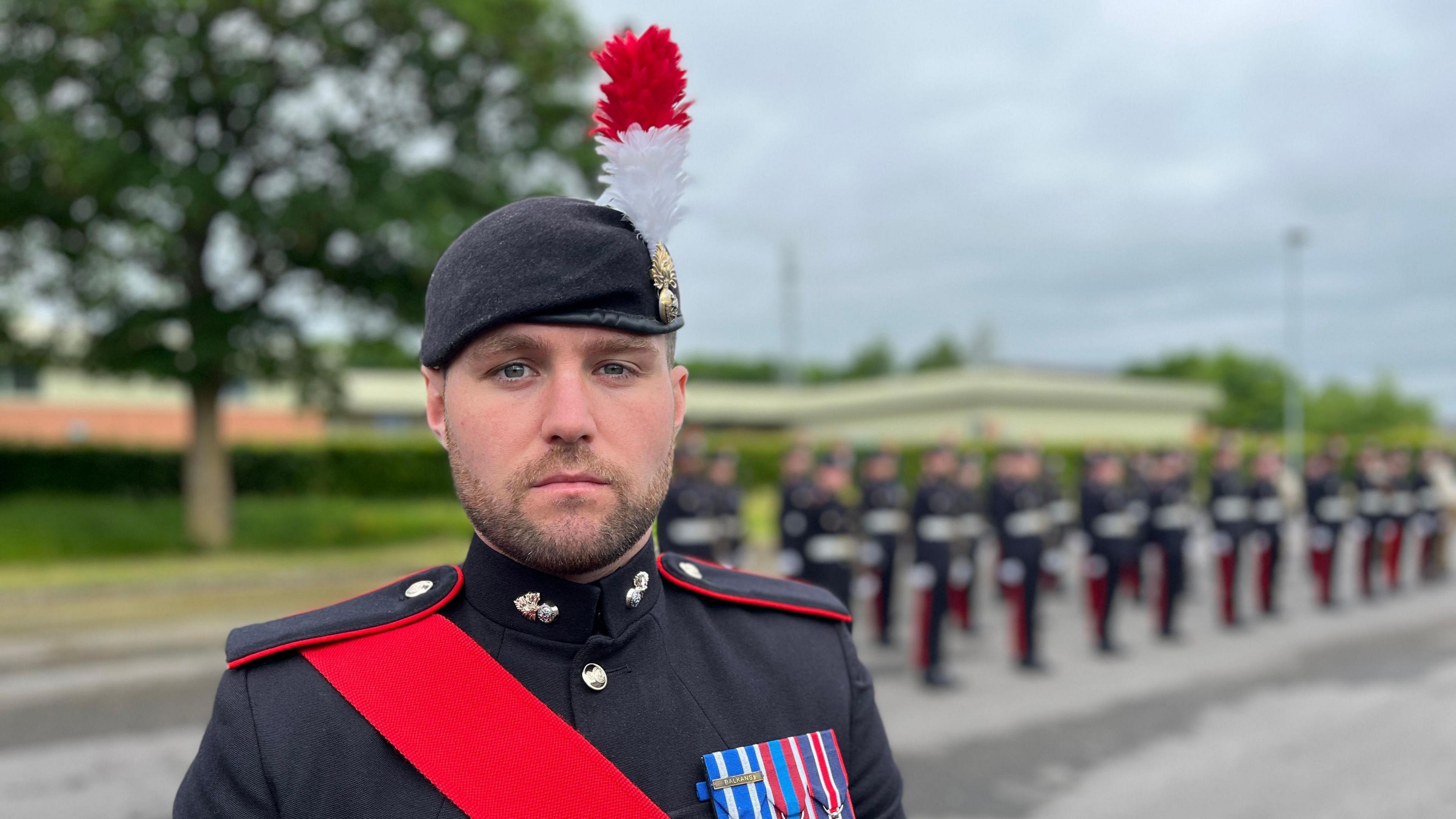
- Published17 May 2024
